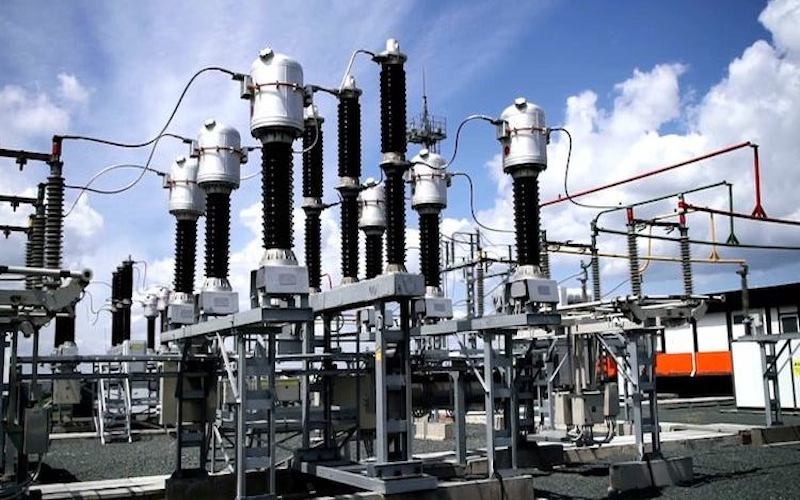A new report by the National Bureau of Statistics (NBS) shows that 85.2% of Nigerian households still use the estimated billing model for electricity tariffs, while only 14.8% rely on prepaid meters.
The Nigeria Residential Energy Demand-Side Survey Report 2024 also reveals that households receive an average of 6.6 hours of electricity per day, significantly lower than the 20-hour target for Band A customers.
The survey, conducted across nine states, highlights regional disparities in electricity billing systems. Bauchi State has the highest proportion of households using estimated billing at 97.9%, while Plateau State leads in prepaid meter adoption, with 30.9% of residents using the system. Households in Enugu spend the most on electricity, averaging N7,319.4 per month, while Bauchi records the lowest expenditure at N2,647.7.
The report also sheds light on solar electricity usage, with 90.9% of households utilizing solar home systems and 9.1% relying on solar mini-grids.
The Nigerian Electricity Regulatory Commission (NERC) has mandated that electricity distribution companies set aside N275 billion for meter procurement from 2024 to 2027 to address the metering gap.
The World Bank’s $500 million metering program, which includes $155 million for consumer meters and $345 million for improving electricity supply, is set to alleviate the estimated billing problem. The Nigerian government has already received part of the funds, with 1.8 million meters expected to arrive soon.
